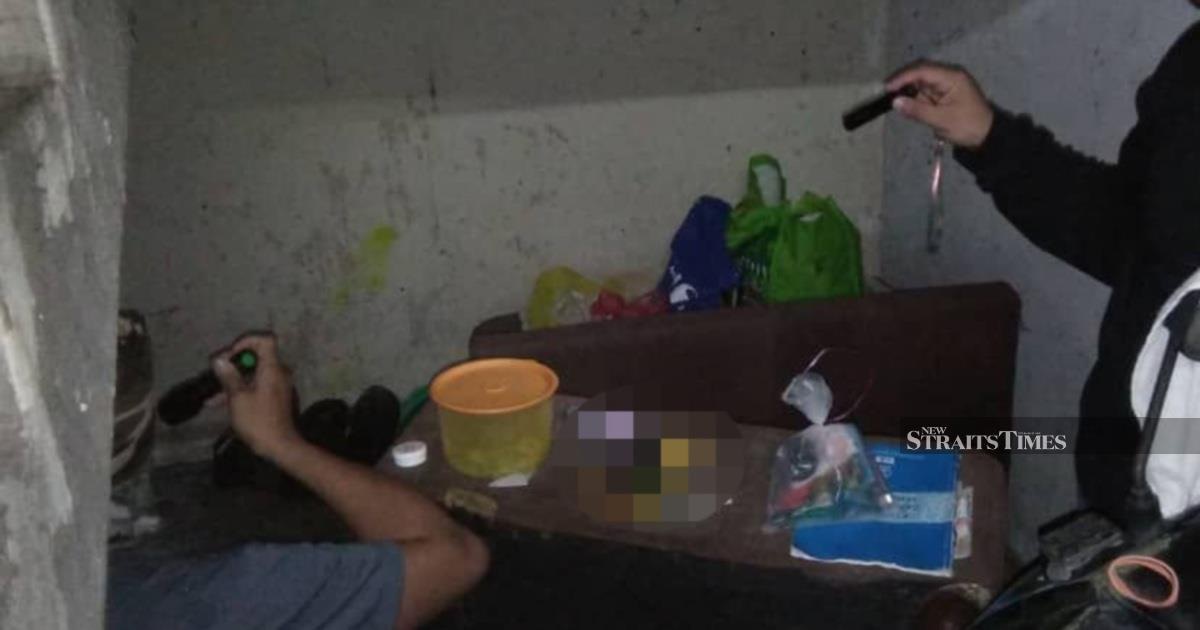IT has long been a grim truth that both petty and serious crimes are often linked to the trafficking, street peddling and abuse of narcotics — substances that promise fleeting euphoria but often lead to ruin, illness and death.
Drug abuse has destroyed countless relationships among friends and families; a single addict can tear apart even the most tightly knit household and community.
Anyone who has dealt with a friend, child, sibling or parent struggling with addiction would have watched in despair as a life slowly wasted away — the mistrust, the bitterness, the missing valuables and cash — all the consequence of a habit that erodes morals.
The social and criminal disruptions caused by drug abuse have reached such a critical level that they now threaten public safety, economic stability and the nation’s social fabric — and have done so for decades.
In 2024 alone, 192,857 drug users and addicts were registered, a 32.5 per cent increase from the previous year. Of these, 61 per cent were aged between 15 and 39, with males making up 96 per cent — mostly youths driven by curiosity and peer pressure.
Amphetamine-type stimulants, such as ecstasy, account for 70 per cent of cases, followed by morphine and heroin (23 per cent) and marijuana (four per cent). Notably, drug abuse is most prevalent in Kelantan, Terengganu, Perlis and Kedah — states often considered part of the country’s religious belt.
Over the years, the government has tackled this scourge through strict enforcement and broad social programmes, the latest being the Anti-Drug Communication Plan 2025-2027 aimed at fostering behavioural change and raising awareness.
Home Minister Datuk Seri Saifuddin Nasution Ismail stated the obvious: suspects arrested for theft and other crimes often have prior drug use records, reinforcing the view that solving the drug problem is key to tackling crime in general.
A realistic anti-drug strategy combines medical, psychological and social interventions tailored to the individual, focusing on motivation, behaviour change, support systems and follow-up care.
The National Anti-Drug Agency will spend RM1.3 million annually on policy research and the Home Ministry RM10 million on rehabilitation support.
Yet, as traffickers grow more resourceful, the fight against smuggling and distribution becomes harder.
While the government continues its efforts, citizens too must play their part in confronting this root of social decay, as Malaysia persists in addressing drug abuse recidivism with resolve and compassion.
© New Straits Times Press (M) Bhd






